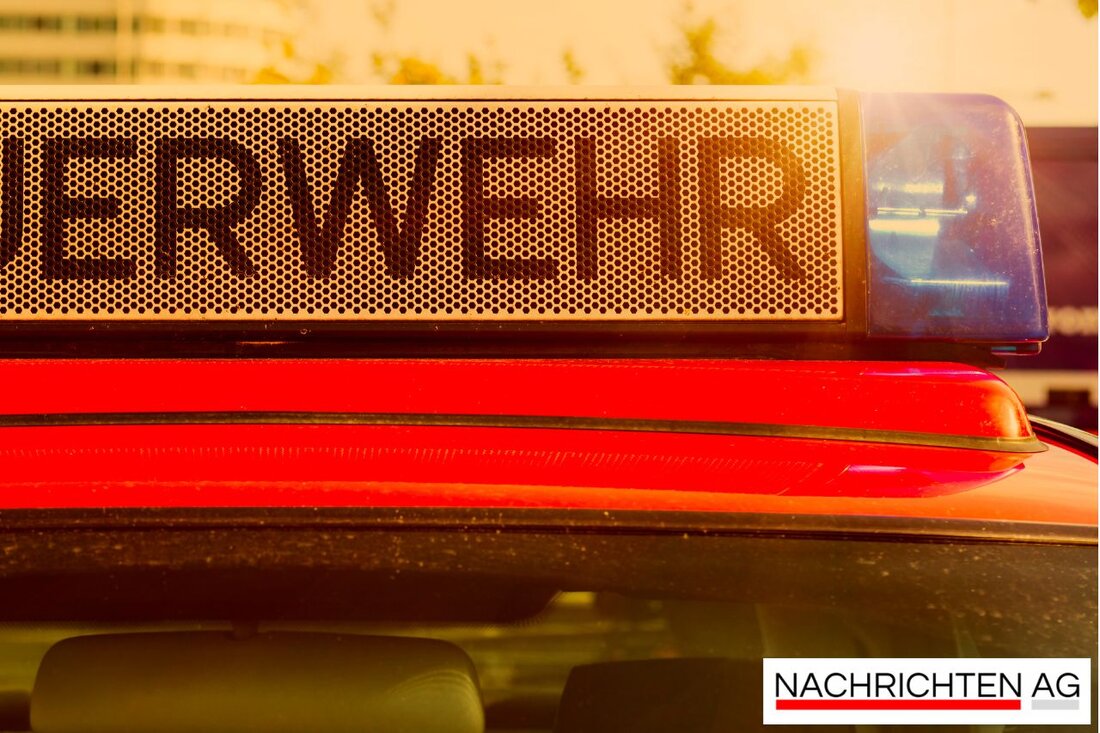Floor fire in Thuringia: ICE traffic severely impaired!

Floor fire in Thuringia: ICE traffic severely impaired!
Gotha, Deutschland - Railway traffic has once again stalled, and not just in a corner of Germany. Yesterday evening, a embankment burn between Seebergen and Wanderleben in the Gotha district caused considerable disorders in train operation. The fire, which damaged the management technology of the Deutsche Bahn, led to delays and restrictions in both local and long-distance transport. The important connection from Leipzig via Erfurt and Eisenach to Frankfurt is affected, as schiene.de reported.
In local transport, train traffic is painfully restricted: Currently only one train per hour can cross the fire -affected section. For the ICE trains, this means that they have to be diverted from Erfurt via the speed track towards Munich. Deutsche Bahn staff is already on site to determine the extent of the damage.
Additional restrictions from embankment in Bavaria
But that's not all. In the south of Germany, too, embankment fires have caused excitement. The Munich-Ingolstadt train line had to be closed between Petershausen and Reichertshausen until late afternoon. The fire brigade was in use with around 150 forces because there were around 20 jobs. The reason for this was a hot axis of a freight train that sparked, so Br.de . Fortunately, the closures could be lifted again at 4:30 p.m.
train traffic was also affected in northern Germany. Bank fires in Hamburg, Lower Saxony and Saxony-Anhalt meant that the outer transport was affected by the evening. In addition to the fires, there was also a bomb defusion near the Osnabrück main station, which also complicated the situation. Deutsche Bahn recommends traveling to travelers to check their connections in the digital information media, such as regionalheute.de
climate change and increase in the fires
The frequency of such incidents also lives a light on the effects of climate change. Experts warn that the prerequisites for embankment fires are tightened by more heat and drought. The number of hot days in Germany has doubled since the 1950s, which could have serious consequences for infrastructure and rail traffic. Forecasts indicate that the number of hot days in Berlin could continue to increase in the coming decades if no measures are taken to reduce greenhouse gas emissions.
The travelers should therefore be prepared for possibly being affected by delays more often in the future. Deutsche Bahn has additional regulations for travelers in such situations, such as the possibility of moving the trip and free cancellations of seat reservations.
The combination of increased temperatures and technical problems could ensure even greater challenges in train traffic in the coming months. Therefore, it is advisable to pursue the current information and to find out well before the trip.
| Details | |
|---|---|
| Ort | Gotha, Deutschland |
| Quellen | |
